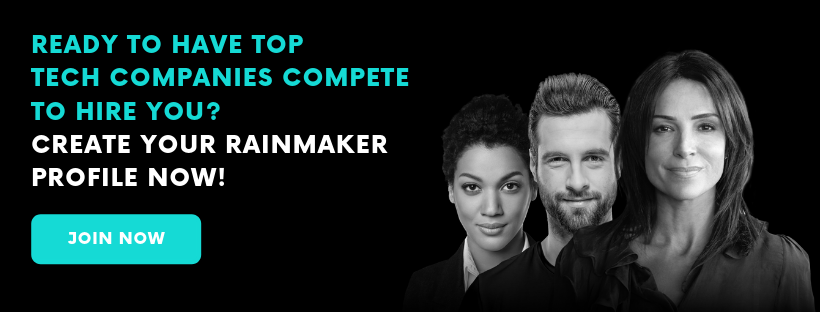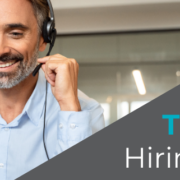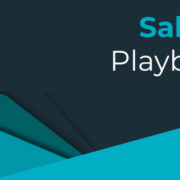How To Prepare For The Onsite Interview
The onsite interview can be an intimidating stage of the hiring process. After all the work you’ve put in, you’re finally getting a shot to prove yourself. The following tips will help you answer questions and stand out from your competition.
Research the entire organization.
There are a lot of tools available that will help you do in-depth research on the company you are interviewing for. Tools like Vault, CareerSearch or The Riley Guide will provide a macro-level analysis of the organization and the industry as a whole.
It may seem simple but, visit the organization’s website. Make sure you understand exactly what they are offering. You can determine a lot about a company culture by looking at their website carefully. For example, make sure to check out their mission statement. Are they advocating from a moral cause? Are they trying to be the best in the industry? How can you help them achieve there mission?
Assess their products, services and client base. The key word here is “assess.” Don’t just get an understanding of what their product is, but understand its faults and strengths. When discussing the product offer suggestions about what, in your opinion, could be done better. Be cautious here, they probably know more about their product than you do, you don’t want to come off as naive by making a suggestion they have written off 6 months ago.
Get an idea of where the company has been and where it’s going. Reading relevant articles concerning the companies stability and future growth will provide you with great opportunities to show your understanding of the companies destiny.
Have some questions prepared? A company expects you to be curious about the position. They want you to show interest by asking good questions they themselves might not have answered in the interview.

Presentation
First impressions are the most important. If you walk into your interview sloppy and unprepared, they will have no choice but to consider you sloppy and unprepared. At a bare minimum make sure that you’re wearing clean business casual attire that fits you well.
The default for any interview is conservative business attire, such as a neutral-colored suit and professional shoes. Some companies suggest “business casual.” Your best bet in this situation is always to err formal. It’s always best to appear a little too formal rather than a little too informal.
Iron your clothes before attending the interview. This falls into the category of presenting yourself as a clean and efficient person. A crisp ironed suit will not only look good, but it will speak volumes about your character.
Your presentation also depends on how prepared you are, here are a few things you should have ready during the interview:
- Extra copies of your resume on quality paper
- A notepad or professional binder and pen
- A list of references
- The information you might need to complete an application
- A portfolio with samples of your work, if relevant
Closing The Interview
Ending the interview can be tricky. The last impression is sometimes the 2nd most memorable thing about your interview. To impress at the end of the interview make sure you have some in-depth questions about the company or your position/responsibilities. Questions that show that you have done your homework and are genuinely curious.
This is a good time to confront any issues you may be facing. No job is perfect, so making sure any negative aspects of the position are fully discussed and made clear. Once that’s done be sure to remind them of your skills and your passion for the position. Ask about the necessary next steps and if they need any more information from you.
End politely. A bit of wit and a smile can go a long way at the end of the interview.
Follow up
Always say thank you after the interview. You can do this through e-mail or even send an actual note. Make sure you show them you are grateful for their time. Even if you know you won’t be working there for whatever reason, it’s important to show that you are diligent in your process. The hiring process is stressful for everybody involved, it’s nice to get some positive feedback even for the employer.
Additionally, it may even prompt the employer to give you some helpful feedback. Sometimes we can have an interview and the interview never lets us know what went right and what went wrong. Getting as much information as you can is very important, this is another reason why the follow up is necessary.
Conclusion
The habits you develop during the interview process will carry over to your habits in sales. Being prepared, knowledgeable, and respectful will pave the way to success for you everything you do. These skills are more than just basic interview do’s and don’ts. They are skills that represent who you are as a professional.










